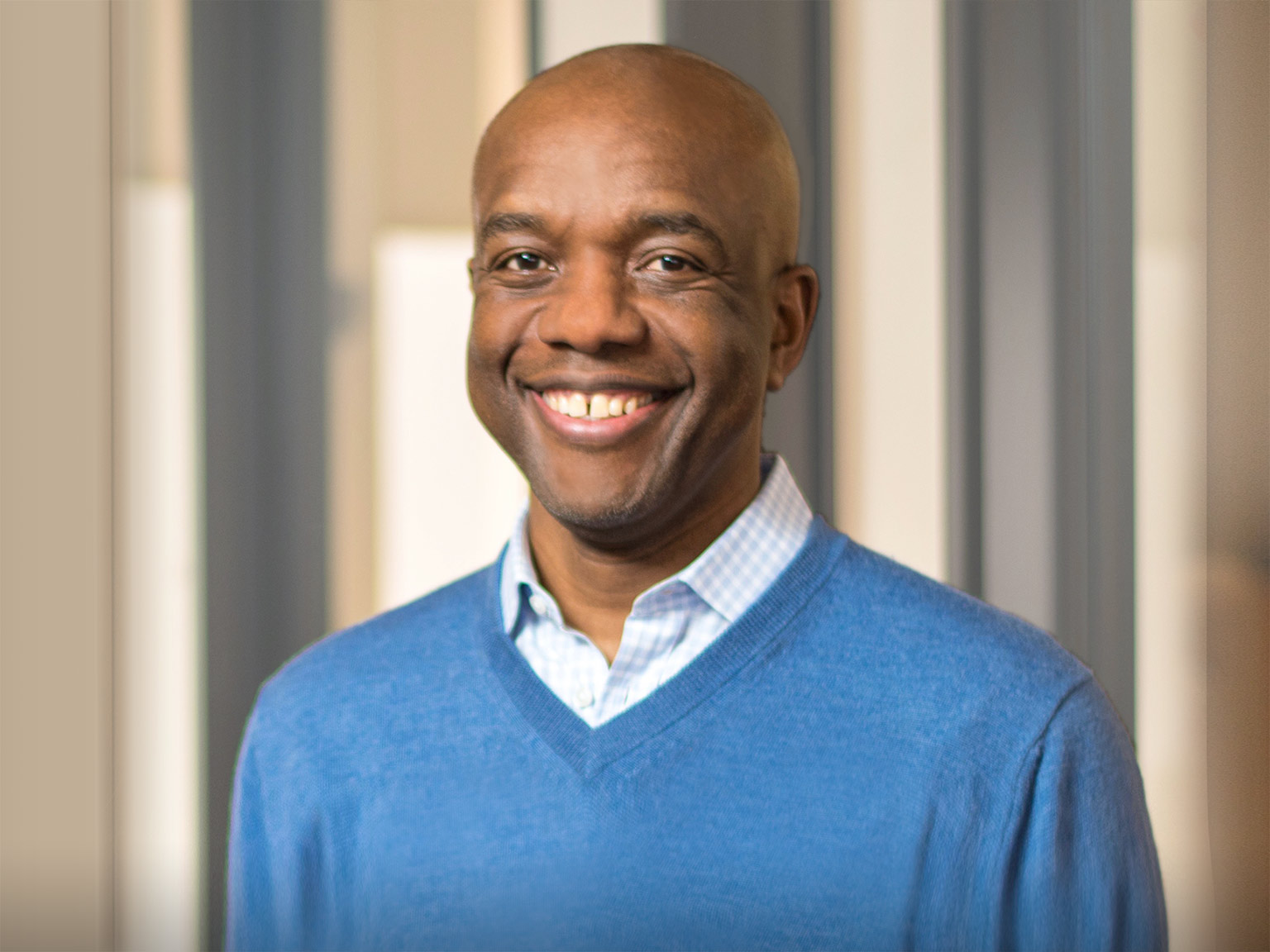A journalistic perennial is to dig up some arcane field that requires high skills but doesn’t pay particularly well and complain about underrepresentation of blacks.
For example, Amy Harmon recently complained that less than one percent of the tenured math professors at research universities are black. She focused on the example of one black male professor who was moving from Purdue U. to Pomona College, supposedly due to microaggressions. (That the professor is a Southern California native who probably likes the weather at Pomona more than in northern Indiana, and that Pomona is the highest ranked small liberal arts college in all of California was considered extraneous).
One issue is that very few national journalists understand just how few blacks there are at the stratospheric levels of IQ, and the logical implication: if one institution goes all out to recruit them, it means fewer at other institutions, some of which might offer a better life.
![]() Anyway, if you look up the resumes of blacks who appear to be legitimately top drawer, you notice that they have options in life.
Anyway, if you look up the resumes of blacks who appear to be legitimately top drawer, you notice that they have options in life.
For example, Roger W. Ferguson Jr., got his Harvard Ph.D. in economics in 1981, then went to work for elite New York law firm Davis Polk & Wardwell, then became a partner at McKinsey consulting. In 1999 he became Vice Chairman of the Federal Reserve. He was one of the leading candidates to replace Alan Greenspan as top dog, but left after Ben Bernanke got the job.
Now Ferguson heads TIAA CREF, the big (trillion dollars) and quite respectable (hopefully) pension fund for college professors. He got paid $17 million in 2017.
He’s on the board of Alphabet (Google). And he might be Fed Chairman under a Democratic president.
Corporate America would love to clone Dr. Ferguson.
![]() Or James Manyika, a black guy from Zimbabwe who got a Ph.D. from Oxford in electrical engineering, worked at Jet Propulsion Laboratory, and taught engineering at Oxford. Clearly, blacks are underrepresented at JPL and teaching engineering. But Dr. Manyika hasn’t stuck around in those fields because for the last 25 years he’s been with McKinsey Consulting at their prestigious San Francisco (Silicon Valley) office.
Or James Manyika, a black guy from Zimbabwe who got a Ph.D. from Oxford in electrical engineering, worked at Jet Propulsion Laboratory, and taught engineering at Oxford. Clearly, blacks are underrepresented at JPL and teaching engineering. But Dr. Manyika hasn’t stuck around in those fields because for the last 25 years he’s been with McKinsey Consulting at their prestigious San Francisco (Silicon Valley) office.
He’s now Chairman and Director, McKinsey Global Institute, and Senior Partner, San Francisco. His life appears to be about 52 weeks per year of what other people of similar backgrounds experience one week per year at Davos. McKinsey’s website explains:
James was appointed by President Barack Obama to serve as vice chair of the Global Development Council at the White House (2012–16) and by Commerce Secretaries to the US Commerce Department’s Digital Economy Board of Advisers (2016–17), as well as the National Innovation Advisory Board (2010–12) as part of the America Competes Act. He serves on the boards of the Council on Foreign Relations, the John D. and Catherine T. MacArthur Foundation, the William and Flora Hewlett Foundation, and the Markle Foundation.
James is interested in the power of technology to positively transform society and is a member of advisory boards of Oxford Internet Institute, MIT’s Initiative on the Digital Economy, Khan Academy, and has been on other university advisory boards. He is on the standing committee for the Stanford-based 100 Year Study on Artificial Intelligence, a fellow at DeepMind, and a fellow of the Royal Society of Arts.
He is a trustee of the Aspen Institute and Harvard’s Hutchins Center which includes the WEB Du Bois Institute for African and African-American Research.
Despite the worries of Amy Harmon types that blacks are under-represented in Dr. Manyika’s old, more technical jobs, he seems to be enjoying a substantially more kick-ass life than if he were still grading engineering problem sets.
[Comment at Unz.com]















